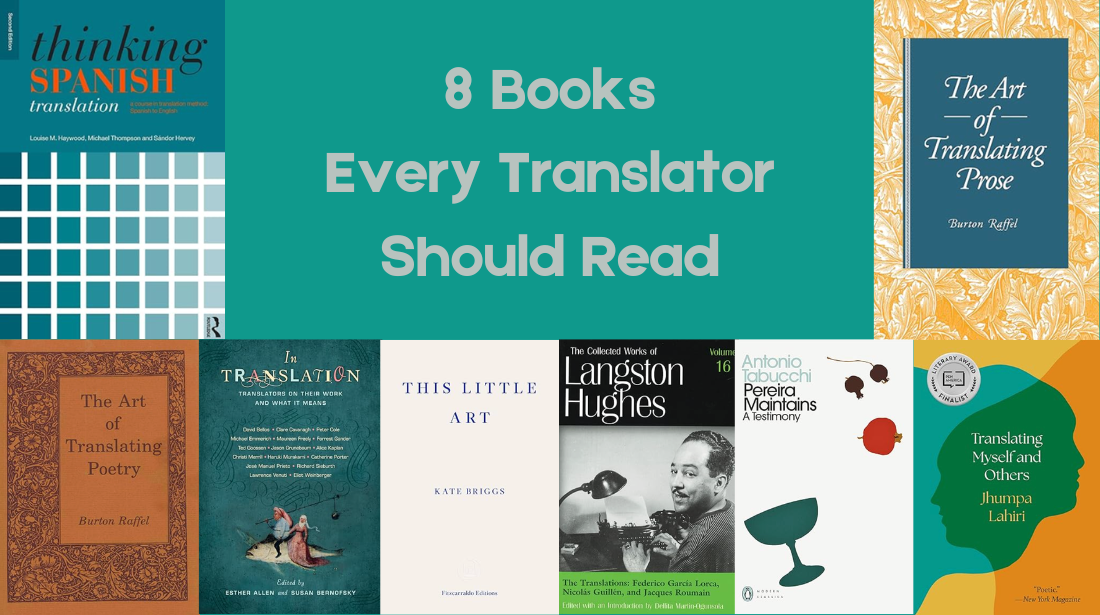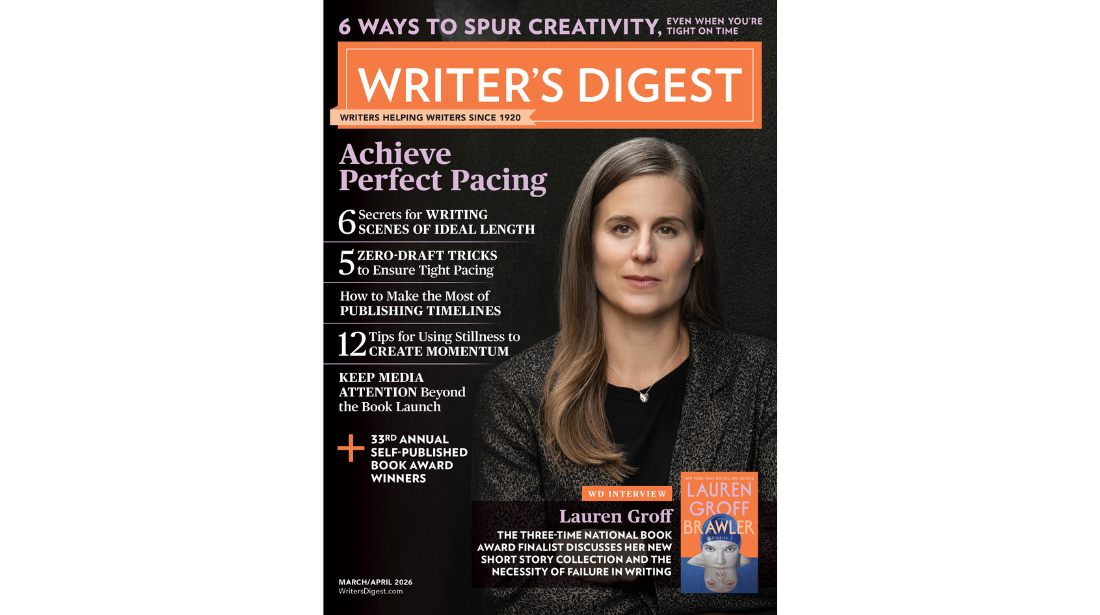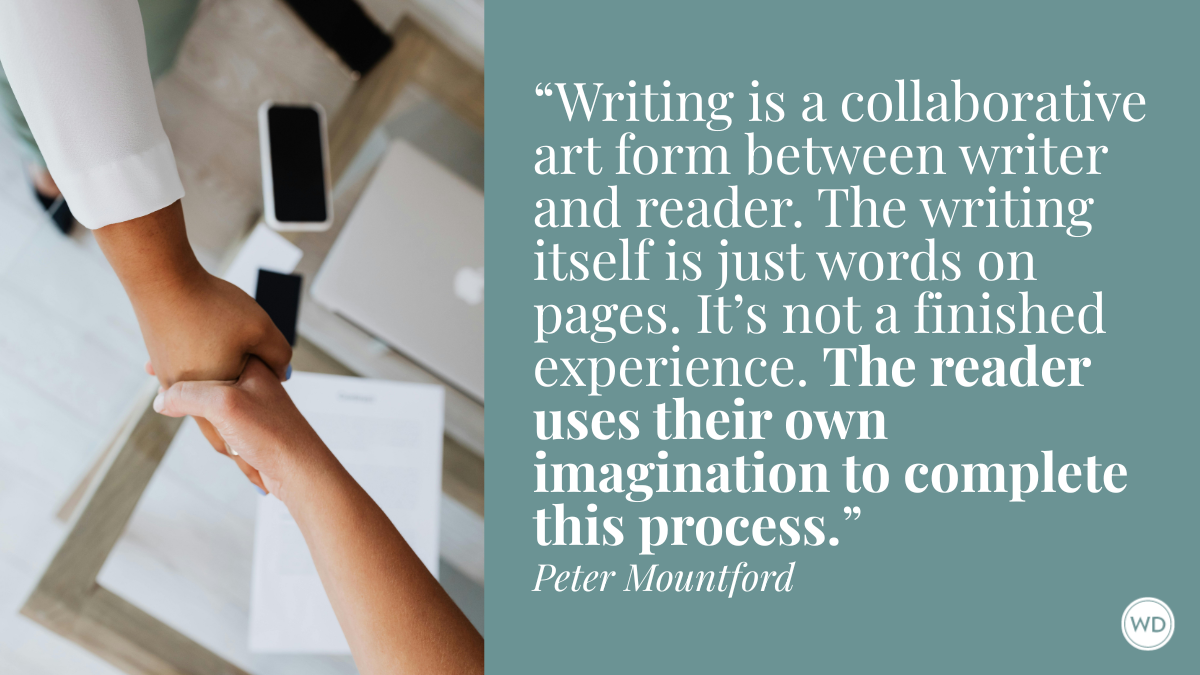Shed Your Shame: Overcoming Writing Fears
Author Elizabeth Atkinson shares the biggest of her writing fears, and her tips for working to overcome both the fear and the shame.
Author Elizabeth Atkinson shares the biggest of her writing fears, and her tips for working to overcome both the fear and the shame.
At some point in school, I bet you were given a writing prompt. Maybe in 4th grade you were told to write a paragraph on your favorite animal. Or later in middle school, you were asked to write a haiku about a dream. Or perhaps your high school English teacher assigned a 500-word essay describing your worst vacation.
For me, writing prompts have always been useful. However, one writing prompt in particular had been tapping on my back for years, trying to get me to turn around and face it. In fact, this prompt had been pestering me for as long as I’d been writing: Share your shame.
I don’t mean the kind of shame that comes from regret for the way you’ve behaved or something you’ve said. I mean self-inflicted shame … a kind of self-loathing you can experience regarding a certain aspect of yourself.
Now I’m a very private person (also self-conscious, sensitive, introverted) so shame is the last thing I want to share and expose about myself—but, as a writer, I know it may be “the subject” that resonates more with readers than any other.
Why?
Because everyone has dark thoughts and secrets. And everyone steeps those dark thoughts and secrets in silent shame. It’s part of being human. And, on the most basic level, we read in order to understand what it means to be human.
In the end, not only can sharing your shame be a gift to your readers, it can be a gift to yourself … because speaking up and sharing your shame is, ironically, the only thing that releases you from the deep embarrassment of it.
When I first shared one of my most shame-inducing secrets with my readers, not only was I surprised how the shame instantly evaporated the moment I admitted it, but I was astonished to find out I had helped free others of the same shame.
This shameful secret was particularly hard to admit, because it’s based on a dread caused by a phobia I’ve carried my whole life, which eventually interfered with my career. And before I decided to actually share this shameful phobia a few years ago, I had never told anyone about it–not my parents, my husband, or my children. It’s such a peculiar phobia, that people often don’t understand how deeply it can paralyze me. And I believed if I ever confessed it, I would open myself to even more scrutiny, which is exactly the crux of my phobia.
Let me explain.
Book signing events can be awkward to do and awkward to watch. But the awkward “please buy my book” part isn’t the part I actually dread. So most people would assume my phobia involves speaking at book events, but I don’t mind public speaking at all and enjoy reading my books out loud. I’ve given talks to an auditorium filled with hundreds of people without notes. Not a problem.
What I dread is the part after the talk … the part when I have to pick up a pen and sign books: Scriptophobia.
Scriptophobia isn’t the fear of writing, which would be an extremely inconvenient phobia for a writer. Rather it’s the fear of writing by hand in public or in front of other people.
Ever since I was a kid, I’ve had erratic handwriting. Consequently, I have to really psyche myself up to put the pen to the page and spell my name as legibly as possible, so it doesn’t look like a doctor’s prescription. Writing by hand, even when I’m alone, tires and frustrates me. And for as long as I can remember, whenever someone has watched me write my fingers seize up and my hand cramps.
When I have to sign a credit card at a store, I place something (like a bag) between the cashier and my hand to hide my hand while I write. And if someone is also asking me questions while I write, there have been times when I begin to write down the actual words the person is asking. On more than one occasion this has happened at a book signing where I’ve had to fudge my mistakes.
And this brings me to the last reason I dread signing books–I feel like I’m defiling, even ruining, the book. I can’t imagine why someone would want me to scribble all over their new book in my horrid handwriting, even though I wrote the book!
A few years ago, I realized I had to adopt a strategy to deal with my irrational scriptophobia as it was growing worse with each new book release. As soon as I saw dozens of kids line up to have their books signed, my heart would pound and my hands would shake, followed by a wave of shame which sometimes led to a full-blown panic attack.
I knew if I wanted to be successful as an author, I had to accept that signing books is part of the job and somehow conquer my phobia. After all, who’s ever heard of a professional writer who freezes up when they write?
So what did I do?
– First, I shared my shame. As soon as I explained my dread with readers, I felt like I could begin to control it.
– The moment someone hands me a book to sign, I have them slowly spell the dedication name which I write first. Then I always use the same two-word phrase, followed by my name, keeping it short and simple … no more offers of personalizing the message.
– I focus on writing smaller and tighter letters, which helps me to concentrate.
– And if I’m particularly anxious and tense, I pop a mint in my mouth, which somehow helps me to distract my nerves as I physically write.
The best part of admitting my shameful secret, made more shameful as a writer, was hearing from readers after I had admitted my scriptophobia. One woman wrote this to me:
“I am currently in a constant state of high alert, waiting for it to pop up … I haven’t come across anyone else who actually knows what this feels like and has the same thing. I am thankfully still able to go to work. The little day to day things hang over me like checking into hotels, signing for deliveries, writing small things down in work. They add up and make the problem seem huge.”
And another reader wrote: “I have suffered from ‘scriptophobia’ all my life and I'm a writer as well. It comforted me to know there's someone else like me with this odd issue of signing in public. I mainly write plays, but I've had several short stories published. When my play was in NYC … I was mortified when I found out I had to sign about a dozen large posters that listed the five selected plays … You would have thought I was going to my execution the day they took me to the room where the signing was to occur.”
Sounds crazy, irrational, and ridiculously silly? Most phobias are, but many of us have at least one or two, so there’s no reason to be ashamed. It will probably never go away completely, but you can own it, defuse it, and get control over it by first sharing your shame.
Now available from Elizabeth Atkinson
[WD uses affiliate links.]
About Elizabeth Atkinson
Elizabeth Atkinson has been an editor, a children's librarian, an English teacher, and a newspaper columnist. She lives in Newburyport, MA. Her newest release, Fly Back, Agnes, will be released March 3rd, 2020.Visit her at www.elizabethatkinson.com.







